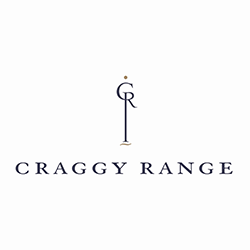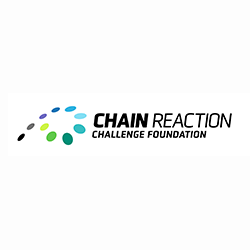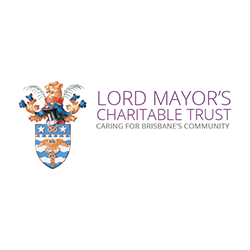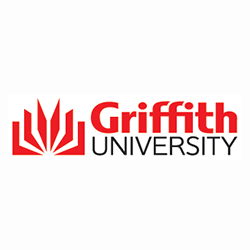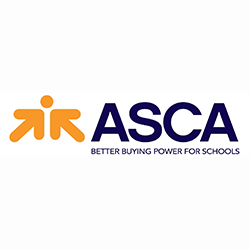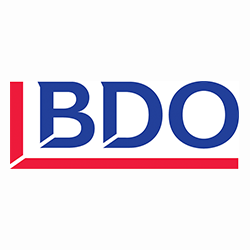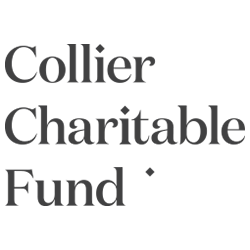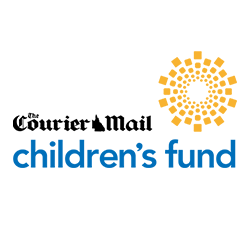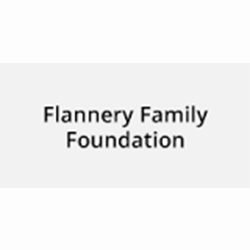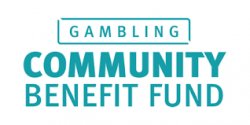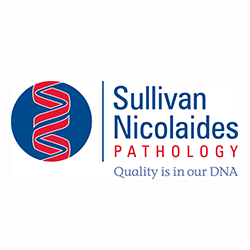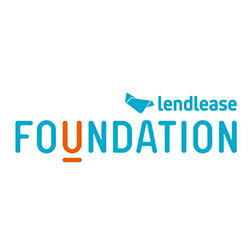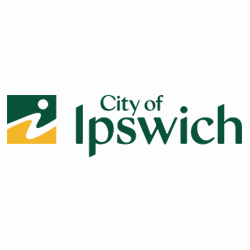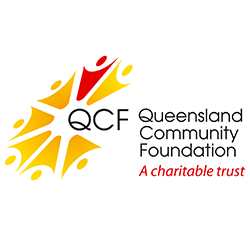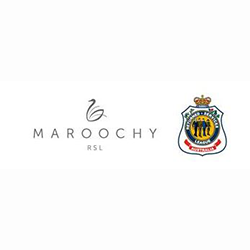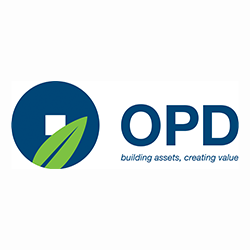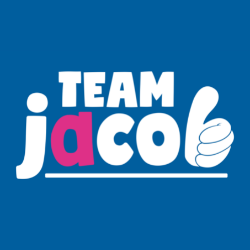The Sarkar Family

As an infant, Ishaan was what most people would call the perfect baby. He hit most developmental milestones on time, except for speech, but we were told speech delay was common in bilingual families. He began walking at 11 months and everything seemed fine, but things changed at 18 months. Suddenly he stopped babbling, and we realised he hadn’t yet uttered his first word. Something snapped, and he became a different child. He hardly made eye contact with others and preferred to play alone in a corner. He never raised his head in acknowledgement when we called him and he fell behind in his developmental milestones. He played with his toys inappropriately, usually lining them up, or turning over a truck to spin its wheels and obsessively watching it. He was never interested in stickers, balloons, or presents and would flap his hands and shake his head like he was in a fit. The teachers at his childcare centre told us he wasn’t able to play with other children, or eat his food, or participate in any of the class activities. Ishaan didn’t cry when we dropped him off at day care, but when we watched him during group activity he would usually look clueless and sit with his face in the opposite direction to the other children.
A friend of ours mentioned the ‘A-word’ and advised us to consult a developmental pediatrician. The next couple of days went in a haze of round-the-clock research. Realising that there was no cure for it made our world crash over our heads. We don’t remember how many nights we cried ourselves to sleep. With each passing day, life became unbearably stressful with the knowledge that time was slipping away while we were languishing at the bottom of waiting lists of all developmental paediatricians in Brisbane. The days were filled with the sheer pain of coming to terms with the realization that our only child would never be anything like we had dreamt of. Meanwhile more ‘red flag’ characteristics like repetitive, ritualistic obsessions and echolalia kept escalating.
Through our own research we found many experts recommended 40 hours of ABA (Applied Behaviour Analysis) therapy, which was not an option as both of us worked and we had no family here. Finally, the diagnosis came at age 3 ½. While we knew what awaited us, but when the paediatrician told us Ishaan had Autism, it hit us like a tonne of bricks. He suggested AEIOU and we wasted no time. Once we started at AEIOU Ishaan’s vocabulary increased considerably. But his speech was mostly rote and rarely made any sense. He knew his alphabets and numbers well though. Ishaan started recognising his name at age 4. That was the first milestone that we had tried so hard to achieve.
After only a few months at AEIOU, Ishaan emerged from the bubble with a newfound personality: his skills started showing and our tears turned to smiles. We even started going to parks and grocery stores with him, although this was seldom unaccompanied by meltdowns. The constant hope that AEIOU would have a strategy to cope with a new behaviour cannot be described. In just one year, he was transformed. Until then, he never ate, but he began to finish at least one of his meals by himself every day. He displayed musical talent and we feel his music sessions have not only been therapeutic, but may have shown him a new way of life. He has started going to mainstream school, and while the transition to mainstream classroom had been very hard initially, with thanks to the help and support of the AEIOU team, he has been able to settle down. Now he enjoys school so much, he wants to go even on weekends. Without AEIOU we wouldn’t have seen this day. He needs a lot of support for behaviour management in the classroom, but his skills are being appreciated every day. We are often asked how he progressed so well. We have only one answer: ‘The magic of AEIOU’s early intervention’.
- Dipa and Jay Sarkar
Back to Stories- About
- Our Story
- Our Vision, Purpose & Values
- Our commitment to reconciliation
- Our Families
- Share your story
- Our Partners
- Our Ambassadors
- Our Board of Directors
- Our Executive Leadership Team
- Research
- Work with us
In Focus
AEIOU responds to Thriving Kids — national early supports for children with...
20th Feb. 2026Under the current timeline, Thriving Kids will begin state and territory...
From The BlogAnnual Report 2024-2025
23rd Jan. 2026As AEIOU Foundation marks two decades of service, we remain Australia’s...



